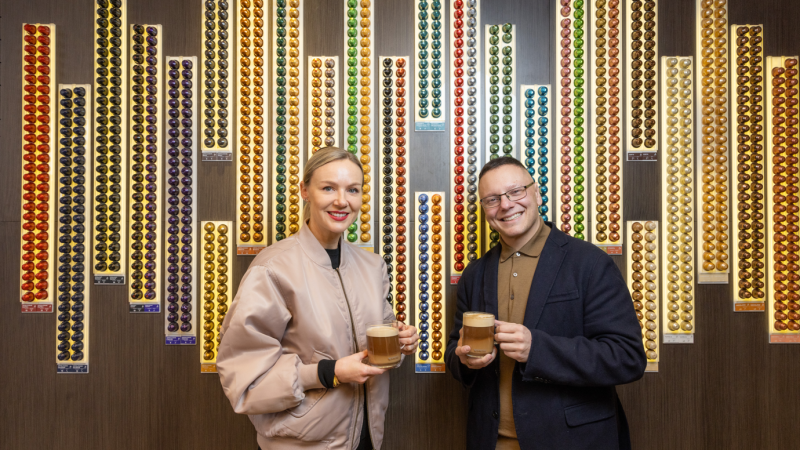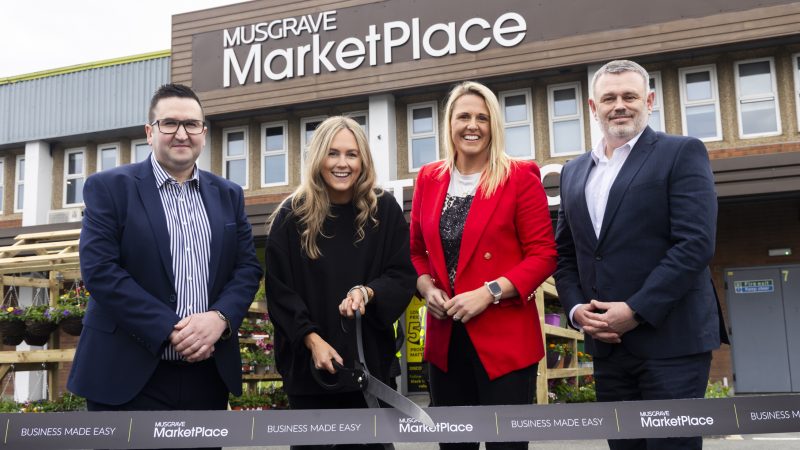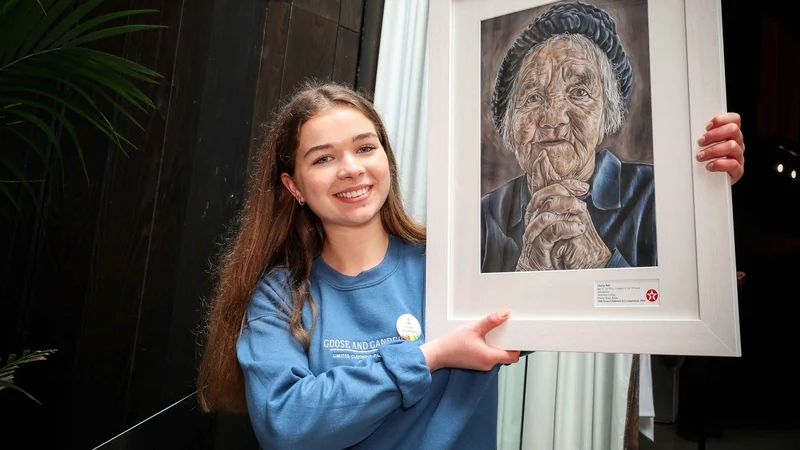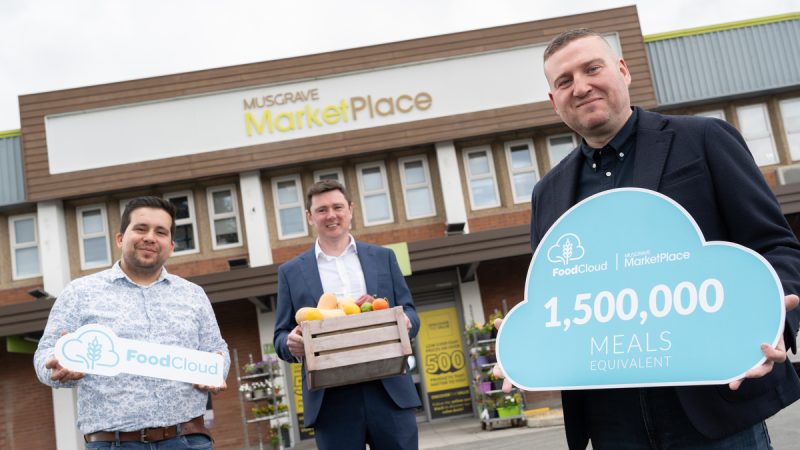The retail bounce-back starts here: our interview with Duncan Graham, Retail Excellence

Duncan Graham, Managing Director of Retail Excellence, tells IFCR that retailers are optimistic that we may be in for a Christmas bumper period on the back of pent-up demand and larger than normal household savings.
“This has been a horrendous period for retailers everywhere but we really believe that we are heading in to a strong Christmas period which will provide a lifeline for many retailers,” Mr Graham says.
“Obviously there is ongoing concern because Covid case numbers are high again but the booster campaign is now getting up and running and we are optimistic that even if some further restrictions come in, that the Government knows it cannot turn off retail again.”
Looking out to 2022, Graham says the sector has concerns: “Government support will remain into the spring but our concern is around what’s going to happen after April when the government support is lifted. How much will that impact on the sector?
“I do think it will be a tough time at the back end of spring into the summer next year and there will be a need to get people out shopping at that point. The coming weeks are vital but we also need to see retail coming back strongly next year in order for businesses to survive.”
Retail Excellence is the largest retail industry body in Ireland and supports some 2,000 retail companies in the Irish market.
Difficult year
Mr Graham says 2021 has been a difficult year for the sector with a lockdown for non-essential retail in the early months followed by a reopening from mid May.
“Retail has bounced back in the early part of the summer, no doubt about that, particularly shopping centres and provincial towns across the country, but not so much in Dublin and some of the major shopping cities, such as Limerick, Cork and Galway.”
Sectors that are seeing a good bounce back pre-Christmas include clothing retailers, gift businesses, homeware business and book stores, he says.
“In terms of the food industry, grocery performed very well last year because restaurants were closed, so grocery levels are back to where they traditionally have been,” Mr Graham says.
Retailers are facing difficulties on two fronts, he says – the first is that it is proving difficult to source products and stock, particularly from the Far East.
“Things with a long lead time are proving more difficult to source and it’s taking a lot longer to get those products into the country, whereas locally produced goods in Northern Europe have been easier,” Mr Graham says.
Brexit challenge
Part of that challenge is sourcing products that come from the UK or are moving through the region, thanks to the complexities of Brexit, he says.
“We’re mostly seeing about 80% of products moving through without any problems but that still means 20% are being disrupted, and we’re seeing challenges in terms of customs clearance of stock added to problems being faced by the industry.
“I think retailers are starting to change the way they source product and where they source product from, and I think there will be a growth in demand, from both retailers and consumers, for more locally sourced sustainable products.
“We’ve got more of a balance now between products bought online and products bought in shops. Customers like their bit of retail therapy and are going back into the shops now, so I think the big challenge for retailers is to make sure that the shopping experience is as positive as it possibly can be.”
Next year
Into next year, Mr Graham says that retailers are expecting that rising costs will start to bite, including energy and products.
“The cost of products, generally speaking, this autumn have held prices reasonably steady, but I think costs will start to creep up next spring, taking into account the increased cost of energy and of raw materials, particularly from further afield,” he says.
“Another source of costs is supply and demand when it comes to labour costs – attracting labour into the retail sector is costing more money. During lockdown a lot of people exited the retail industry – for example, migrant workers who have been the backbone of a lot of the retail business in the past tended to go back to their country of origin during the pandemic. We do need government support on work permits to attract that workforce back into the country.”
High Street
One question that is often asked, he says – is the High Street dead?
“The answer is a very firm no. I think we will continue to go online for transactional products. By that I mean if you want to buy a screwdriver or a particular top – something basic – you will continue to go online for those types of products, you will continue to go online for your weekly shop, particularly through the supermarkets,” he says.
“But I think customers will still want to come into shops for that experience. We shop with all our senses, so you can’t smell perfume online, you can’t try a new piece of cheese online, you’ve got to taste it.
“You can’t feel the weight of a fabric online – you’ve got to feel that in the shop. You can’t see how things get put together. Those are the things you can only get when you walk through the store and see things all together.”
Future of shopping
Mr Graham predicts that shopping in the future will be much more experiential, with retail outlets looking harder at how they lay out their products, the smells and the sensory input.
“They will be upping their game when it comes to how they attract people,” he says.
“The gap between retail and hospitality will narrow, so we will see a lot of stores putting in ways of keeping people buying such as a little coffee shop in the store – a lot more of that kind of thing.
“It means customers will go into town for an enjoyable experience – not simply because they need to buy some clothes.”
And many of the forecourts are leading the way on this approach, including Applegreen and Circle K stores.
“You’ve only got to look at those stores like Applegreen in Santry in terms of the experience that it is delivering, with the mezzanine, the coffee shop in the forecourt and the bakery offer – all of those things are very much designed to attract people in. It’s not just a place anymore where you go in, fill up with fuel and grab a coffee on your way out – it’s very much seen as a place to visit and relax and enjoy the experience.
“And we are seeing that across the board, not just the bigger ones, looking at some of the motorway service areas that have been cropping up and expanding in the last 4-5 years in the Republic. It’s becoming a much more pleasant experience to shop in these places,” Mr Graham says.
For full feature, click HERE.








